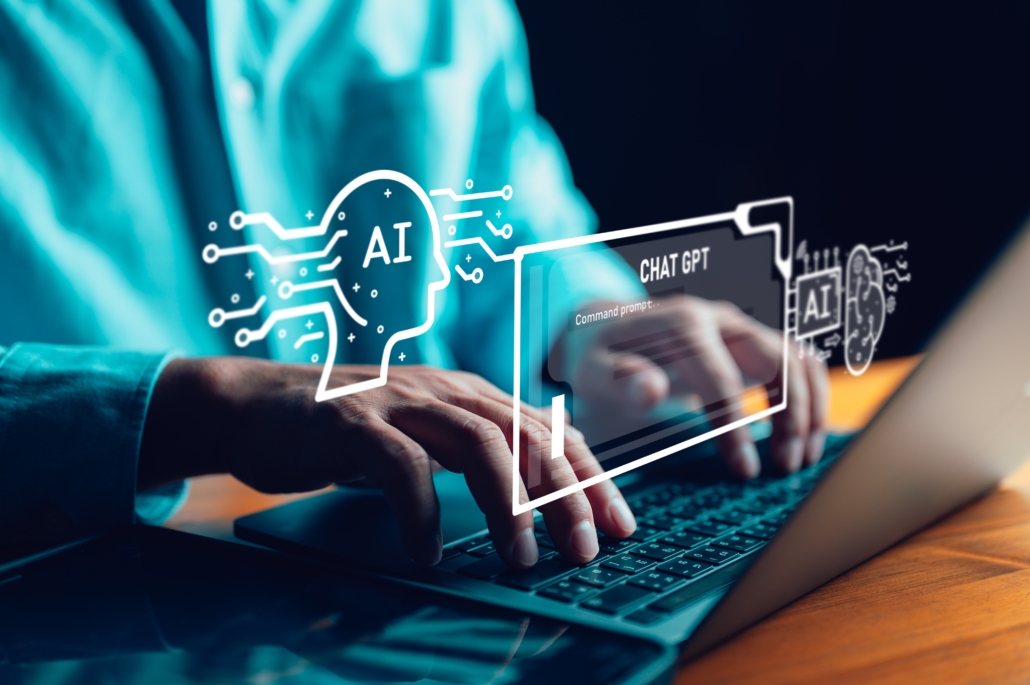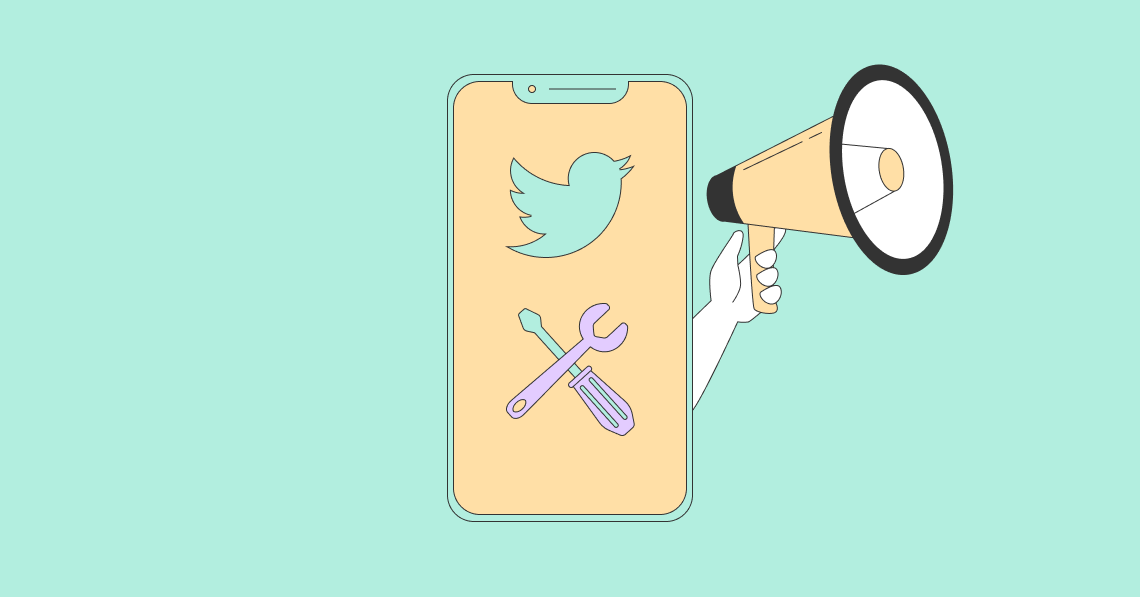Smartphone Scams Are on the Rise – Learn How to Stay Safe
Fake smartphones are becoming increasingly common and can be a significant risk to your personal security. Smartphone product lines from high value brands like Apple and RIM are popular and expensive, and therefore highly sought-after by counterfeit manufacturers.
Counterfeit phone manufacturers imitate many facets of the original device to make them appear genuine. The most obvious signs of a fake smartphone are poor materials and copycat software interfaces.
Fake smartphone detection
Smartphones are a high-value device and as such, they’re often targeted by counterfeiters. Counterfeit smartphones pose a serious threat to data security, device reliability and user safety. The bogus devices can be preloaded with malware, cause hardware malfunctions and lead to costly repairs. Consumers should be aware of the risks and know how to spot fake phones.
Detecting fake smartphones is not an easy task. However, with the right technology, it’s possible to avoid buying a fake unit. A good way to ensure that you’re purchasing a genuine device is to verify the IMEI number. If the IMEI number does not match the serial number on the box or paperwork, it’s likely a fake phone.
It’s also important to pay close attention to the design and technical specifications of the smartphone. Fake smartphones often have a lower-quality camera and can’t perform as well as the real deal. They may even have a different colour or buttons in the wrong place.

In addition, it’s worth checking if the seller is a genuine representative of the brand. You can use a verified and trusted online store or contact the company directly to check the legitimacy of the seller. A reputable seller should have a valid contact number and return policy. Moreover, they should have the necessary license to sell a product.
Counterfeit phone identification
Despite their ability to mimic the look of a genuine phone, counterfeit devices often lack important functionality such as encryption and secure boot processes. This makes them vulnerable to malware and phishing attacks, leaving users’ personal information at risk.
One of the easiest ways to spot a fake smartphone is by checking its IMEI number on a universal IMEI verification site such as T-Mobile’s. If the IMEI is invalid, it’s likely the device has been blacklisted or is stolen. Another simple way to spot a fake smartphone is by running a quick software scan. Many counterfeit phones come loaded with third-party software that can expose users’ personal data to malicious parties.
While most fake phones may appear to function, their internal hardware is often sub-par and will lag or stutter during daily use. This is typically due to the inclusion of cheaper SoCs, which are more susceptible to performance issues than a genuine device’s.
The best way to avoid counterfeit smartphones is by buying from a reputable seller and doing some research beforehand. It is a good idea to know what features a particular model of a phone has, including colour availability, built-in camera megapixels and screen quality. Additionally, it is also a good idea to check the warranty offered on the device. This is to ensure that the device comes with a genuine and valid manufacturer warranty.
Avoid smartphone scams
It’s always best to buy a smartphone from an official dealer or brand outlet. That’s because those outlets follow strict quality control and sell genuine products with warranties. However, buying a phone from other sources like third-party websites, online auctions, or social media markets is a risky proposition. It’s easy to find a counterfeit device that looks just like the real thing on the outside, but skimps out on important hardware features to save money.
Counterfeit phones often have a different serial number than the genuine model, or sometimes they don’t even have an IMEI at all. If you’re concerned that a device might be a fake, check its IMEI number on T-Mobile’s universal IMEI verification website to see if it’s valid or not. IMEI numbers are unique to each handset and can’t be changed, so it’s the easiest way to verify that a phone is genuine.
Other ways to avoid fake smartphones include comparing the technical specifications of the phone with its genuine counterpart. If the internal memory is less than the advertised amount or the camera mega pixels are significantly lower, then it’s likely a fake device. You can also try downloading a few large apps and see if the internal storage disappears or is filled up completely. Usually, the more apps you download, the more obvious it will be that the phone is fake.
Check IMEI authenticity
Fake devices often have corrupt internal software that enables hackers to steal personal information, including passwords and financial data. Additionally, counterfeit batteries can overheat and damage the phone, leading to expensive repair bills or complete device failure. Buying phones from large online platforms or authorized retailers is one way to avoid such scams, as they typically test and inspect their stock for quality control purposes and know more info at https://dienthoainhanh.com/.
IMEI verification is a useful tool for checking whether a smartphone is genuine. This process compares a phone’s unique serial number, known as the IMEI, against a list of stolen or blacklisted phones. IMEIs are usually printed on the device packaging, inside the battery compartment, or accessible through its settings menu. You can also dial *#06# on the phone’s keypad to retrieve its IMEI number. If you’re unsure about the authenticity of a IMEI, visit a trusted IMEI checker website to verify it.
Another easy way to spot fake smartphones is by examining their exterior design. Look for features that don’t match the advertised specifications, such as buttons in the wrong place or a camera housing that isn’t flush with the rest of the phone. Fake smartphones also tend to skimp on hardware components, resulting in poor performance and frequent hardware malfunctions. In many cases, buyers are duped by shady sellers who offer their smartphones for extremely low prices.





